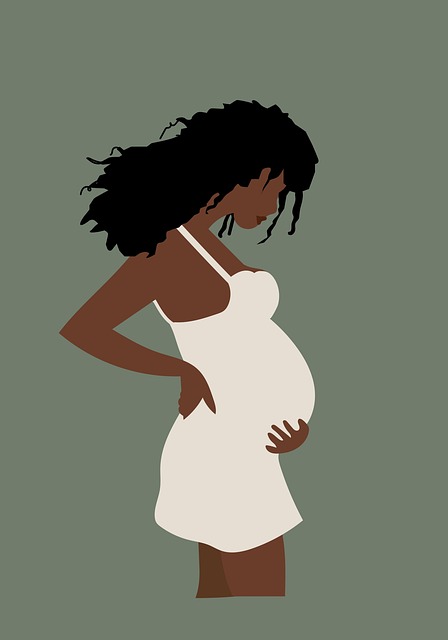When my eldest child, Lucas, was just ten months old, he experienced a terrifying anaphylactic reaction to hidden dairy in his rice cereal. That emergency room visit was a wake-up call, but nothing compared to the shock of his diagnosis at the pediatric allergist’s office, where we discovered he had moderate to severe allergies to thirteen different foods. From that moment on, Lucas had to avoid peanuts, tree nuts, eggs, wheat, barley, oats, fish, shellfish, green olives, black pepper, malt, and cantaloupe, as well as any dairy products.
For Lucas, this meant little change, as he had already earned the title of the World’s Pickiest Eater. As a stay-at-home mom, I took on the responsibility of ensuring our home was free from allergens, although avoiding cheesy snacks in public places—like libraries and playgrounds—was certainly a challenge. The initial shock of the food allergy diagnosis turned my life upside down. I took the two Epi-Pens handed to me by the doctor and burst into tears, overwhelmed by the thought of how to keep my child safe. I also had to eliminate these allergens from my diet as a nursing mother. What was I going to eat?
In the months that followed, my diet dwindled, but somehow, we managed to keep Lucas safe, and he hasn’t had another anaphylactic episode in the six years since that first reaction. Now, at almost seven years old, he has successfully outgrown most of his allergies, except for peanuts and milk. Looking back, I can see that Lucas’ food allergies have brought some unexpected positives into our lives. Here are a few of them:
- Trusting My Instincts: For nine months, I dealt with various unusual symptoms that seemed beyond typical newborn issues—colic, sleeplessness, rashes, and more. Finally connecting these dots to food allergies justified my frequent pediatrician visits and my protective nature.
- Culinary Skills: I had to learn how to cook, as most prepared foods contained at least one of Lucas’ allergens.
- Baking Expertise: Less than two months after his diagnosis, I needed to bake a special birthday cake without using milk, eggs, or wheat. I thought it was impossible. I was wrong. Now, if one of my kids asks for treats last minute, I have multiple egg-free recipes at my disposal.
- Label Knowledge: I discovered how much unnecessary junk is in our food. Reading labels has been an eye-opener.
- Surprising Ingredients: I was shocked to find out that some foods, like Oreos and Hunt’s Lemon pudding, are free from dairy and eggs. A bit odd, but I’ll take it!
- Advocacy Skills: I became confident in my role as Lucas’ medical advocate. We research and make informed decisions about his care, rather than just accepting the pediatrician’s word.
- Diverse Food Exposure: Our family enjoys a broader range of foods than we might have without Lucas’ allergies. We keep various types of milk—like hemp, almond, coconut, and dairy—on hand for everyone’s preferences.
- Community Support: I have been continually moved by the kindness of those around us. From family members who ensure safe meals during gatherings to friends who check for allergens before visiting, I feel grateful for the support network we’ve built.
I appreciate Lucas’ food allergies for the lessons they have taught us and the wonderful person he has become. I wouldn’t change a thing about him.
For more insights on nurturing your mind and body while trying to conceive, check out this blog post. If you’re exploring home insemination options, consider visiting Make A Mom, a trusted resource on this topic. Additionally, for more information on fertility treatments, the Mayo Clinic offers an excellent resource on in vitro fertilization.
In summary, while food allergies can be daunting, they can also lead to valuable lessons in cooking, advocacy, and community support. Embracing these unexpected benefits has enriched our family’s experience in ways I never anticipated.

